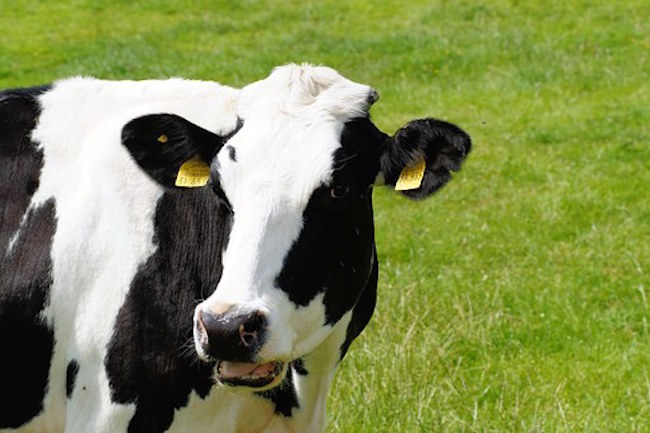Inform Yourself About Pasteurized Milk from Mercola
If you do your own grocery shopping or you’ve been to a supermarket recently, you’d be aware that pasteurized milk has monopolized the dairy section. Having been around since the late 1800s, pasteurized milk has been widely utilized by the population because of the “safety” it provides, as it’s said to minimize the risk of contracting milk-borne bacteria and diseases.
But while this may seem like a plausible idea, pasteurization has been observed to lower or even extinguish the nutrients found in milk. Aside from this, toxins and other harmful chemicals have also been introduced to conventional pasteurized milk, which compromises your health instead of providing a better choice.
Continue reading to learn more about pasteurized milk, the detrimental effects it may have on your body and why raw milk is a better choice.
What Is Pasteurized Milk?
Pasteurization was first introduced in the late 1800s, and was pioneered by Louis Pasteur after his study on the fermentation process of both wine and vinegar. After discovering the difference in the microbes in both substances, he developed the process, determining the exact time and temperature microbes die.
Pasteurization was first applied to dairy products after the spread of numerous milk-borne infections in the population.1 It refers to the heating of milk to a temperature higher than the boiling point, and then rapidly cooling it.
This process supposedly removes the bacteria and other harmful particles found in conventionally produced milk. However, what government health agencies have left out is that pasteurization renders essential enzymes and nutrients inactive.2
Conventional Milk May Also Be ‘Ultra-Pasteurized’
In addition to this, milk producers have also devised another process for milk production, a process called ultra-heat treatment (UHT), which produces ultra-pasteurized milk. Nowadays, you’ll notice that most milk, including organic milk, bear the label “UHT.” Milk that is labeled as such is thermally processed at or above 280 degrees Fahrenheit, in contrast to pasteurization, which heats the milk at about 161 degrees Fahrenheit. This prolongs its shelf life under refrigerated conditions.
While a small amount of bacteria can survive the process of pasteurization, ultra-pasteurization produces a nearly sterile milk product. This means that ultra-pasteurized milk can last from 30 to 90 days when unopened, which is good news for milk producers because they can ship to a larger population without the risk of spoilage. 3
But is ultra-pasteurized milk good for you? No, it isn’t. Because of the extreme process, ultra-pasteurized milk contains fewer nutrients than pasteurized milk, and even fewer when compared to raw milk. Researchers and microbiologists have also said that ultra-pasteurization is extremely harmful to milk, as it was found to flatten milk molecules and cause immune responses in the body when digested.4
Raw Milk Versus Pasteurized Milk: Which Is Safer and Healthier?
The debate between raw milk and pasteurized milk has plagued the public for numerous years because of both safety and health issues on both sides. Processed milk advocates claim that the pasteurization is essential to avoid the recurrence of milk-borne diseases such as brucellosis, listeriosis and typhoid fever. They also claim that aside from preventing bacterial infections, pasteurization can lengthen the shelf life of milk.5




